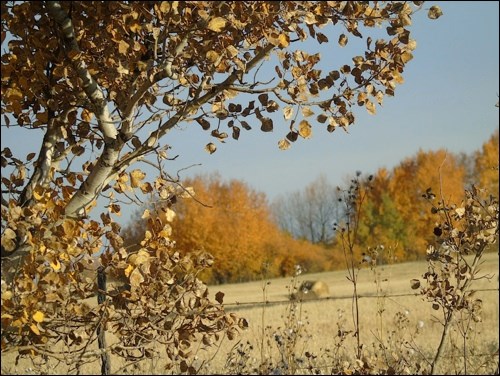If we care to know about natural and man-made disasters the world over, the news media provide endless accounts, some truthful and some tainted, of the follies, greed and suffering of the human race. They cannot document it all.
The principal man-made disaster that the media are stretching their resources to cover is the massive migration of human beings risking their lives to escape from the carnage in their homelands to find sanctuary in whatever countries will receive them. The embers of one armed conflict ignite the flames of another. The flaws in the treaties that ended the First World War made fertile soil for the international discord that led to the Second World War. The dismembering of the Turkish Caliphate after the First World War sowed the dormant seeds that finally germinated into the mindless horror of ISIS, and in the flood of refugees seeking safety in other lands.
When I was a little boy, I knew and respected first generation immigrants. Most of them came from the German colonies in Ukraine that were established, and flourished, in Tsarist times. A later wave came after the Great War ended. They were fleeing from persecution by the Stalinist regime. Most of them had no English, but they became Canadian citizens and set out to rebuild the society they had lost in the lands where they were born.
Only a few days ago, I found on the Internet a website entitled “St .Paul’s Lutheran Church, Eatonia, SK.” In a series of early video camera clips with a musical background, a grandson of one of the first immigrants resurrected part of the history of the first church built in 1920 in what was then Eaton village. I was born seven years later.
The first scenes showed the church being repainted more than 60 years ago. The man who ascended to paint the soaring steeple had been an artilleryman in the Canadian Army during the Second World War. He was the grandson of a first generation immigrant. He must also have held the video camera that panned around the village that was then much smaller than the town it is now. There were other scenes, some in coloured film, of choirs, weddings and confirmations. In one early scene, people are leaving the church. Everyone is dressed in Sunday clothes. Each man is bareheaded until he has clasped the hand of the pastor. Then he replaces his cloth cap or fedora and goes on his way. He has shown respect, not only to his pastor, but for his faith and for what his congregation has accomplished. The film is more than 50 years old. I knew the people, good Canadians all. As I watch and listen, the tears are very close. The beautiful old church has no resident pastor now.
There were also scenes of volunteer crews building a manse and another church in a nearby hamlet. I think, sadly, that few, if any, volunteers are building Christian churches now.
Rural Saskatchewan has changed. Part of the force for change has come from bureaucrats, who must make new rules and change old ones in order to earn their daily bread, truffles and champagne. There is now a university- level study in Regina that insists there are too many local governments and a rural road system which needs to be rationalized. This may be an opening ploy in more top-down decision making. Rural road allowances, regardless of their condition, are places where traffic can travel legally without infringing on private property. They are the conduits that carry farm machinery from field to field and crops to market. They are necessary, since, so far as I know, heavy agricultural equipment and farm trucks cannot levitate.
When I look back over 50 years, I see how many decision-making powers have been stripped from rural Saskatchewan. When in my agnostic mindset, I am angry. In my Christian manifestation, I pray that the good of the past has not vanished forever and the best is still to be. I think of the people of St. Paul’s Lutheran Church and what they accomplished without hindrance from distant governments. Decision making belongs with the people who are most affected by the decisions.



